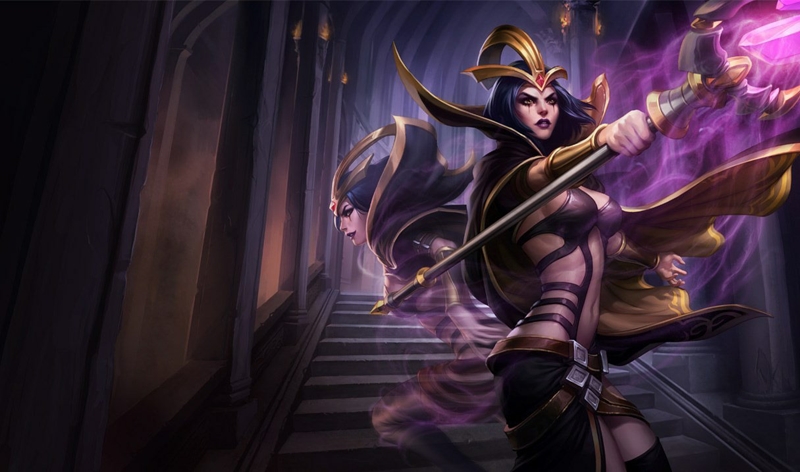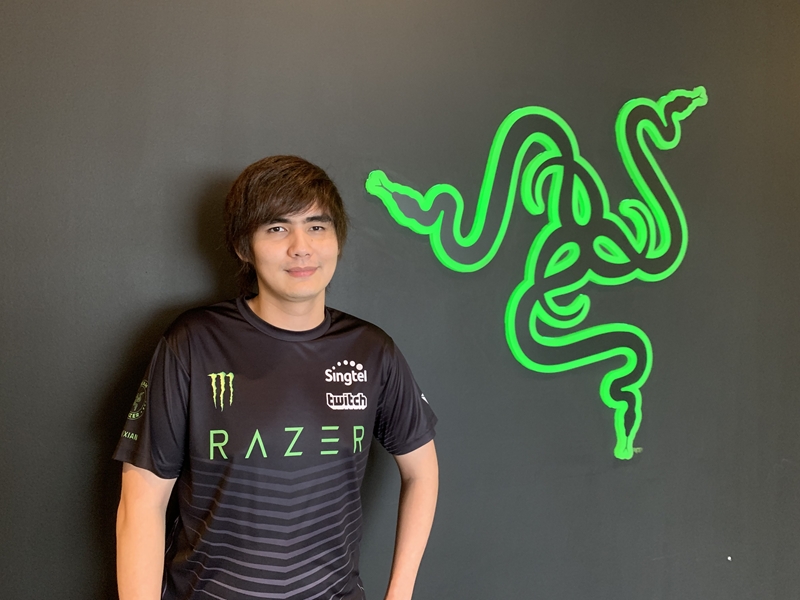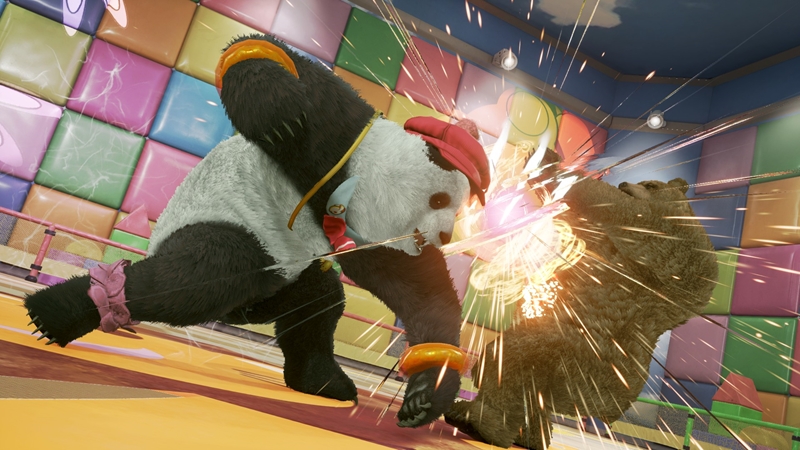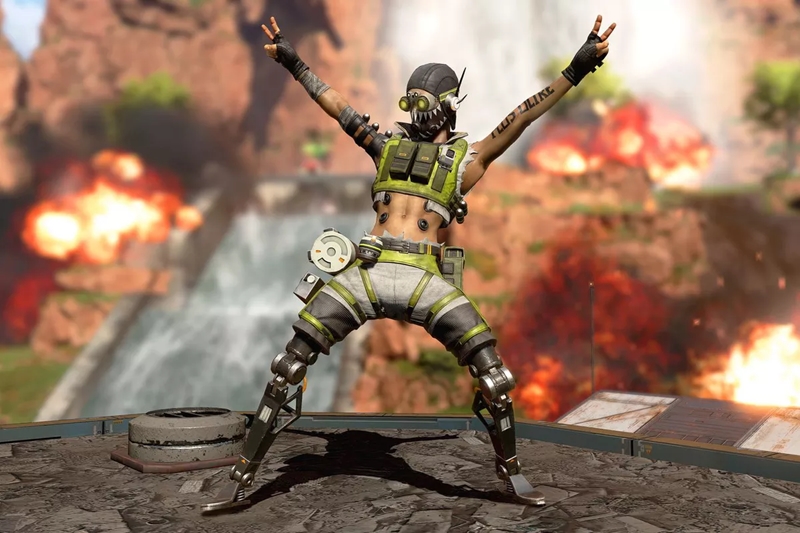From casual to champion: Our favourite esports success stories

Here's a fun fact: twenty years ago, even the merest mention of becoming a "professional gamer" would probably have earned people an earful from their folks on setting realistic life goals.
Why? Because the term was loosely translated by the public dictionary as "laughing stock".
Yet, the biggest achievements in human history were built on seemingly impossible dreams, were they not? After all, the Wright brothers were considered to be lunatics until their idea got off the ground. Pun intended.
Indeed, esports has grown from "just that fancy word for video gaming" into a field as recognised and lucrative as any of its professional counterparts, if not more so.
To be honest, it's one of the biggest surprises we've had this past decade, but regardless of the era, one thing has always stayed the same.
Like any other sport out there, esports and video gaming is all about people, and it always has been. Without the countless gamers that stuck to their guns through the years, I daresay professional esports would have remained a pipe dream today.
As such, let's take a closer look at some of our favourite esports success stories.
1. FAKER (LEAGUE OF LEGENDS)
Of course it's this guy. Because if we're talking about iconic gamers, there's no skipping Lee Sang-Hyeok, or as we know him, SKT T1's Faker.
The world-famous League of Legends player is way more than just a Korean mid-lane maestro - he was practically the competitive face of the game at his peak.
Famed for his ungodly skill with the mage LeBlanc, supposedly one of the game's most mechanically-demanding characters, Faker's peerless tactical skill and ability to perform even under immense pressure were a deadly cocktail for his opponents.
With him on the roster, SKT T1 quickly became the most formidable team in competitive LoL, breezing through tournament after tournament with ease.

Of course, for all of those achievements, the seemingly cold and stoic Faker is still human like the rest of us - he has bad days too. After SKT T1's shocking loss to Samsung Galaxy (SSG) at Worlds 2017, he was visibly emotional and crying outright.
Seeing their ace-in-the-hole so distraught shook the fans' confidence for a bit, but they quickly rallied around to support the man dubbed the "Mid Lane God" at his peak.
Currently, Faker still plays for SKT T1 competitively and remains a prominent figure in both the Korean and International LoL circuits. It doesn't seem like he'll be moving on any time soon, and I'd hate to see him go.
On top of that, his recent dedication of SKT's 2019 LCK Spring victory to his former teammates is a real tear-jerker. Make sure to watch out for those ninjas cutting onions.
2. XIAN (STREET FIGHTER)
For many Singaporean gamers, Team Razer's Ho Kun Xian, or just "Xian" if we're going by his moniker, is the literal definition of a homegrown success story.
The reserved and unassuming Street Fighter player, who specialises in the underrated character Gen, is arguably the biggest undisputed pioneer of Singapore's esports scene.
Xian comes from a period in time where fighting games were poorly sponsored and recognised professionally, not to mention the entire notion of esports was considered a joke, to begin with.
Amusingly, part of Xian's skill at Street Fighter developed as a result of him having to be practical, in the sense that he was only able to stretch his $2 pocket money by winning consecutive Street Fighter matches at the arcade.

However, his story only really gets rolling in 2008, when he started getting back into Street Fighter IV, proceeding to win second place at Dreamhack 2009. Unfortunately, the winnings were meagre and didn't last long, but a stroke of luck came in the form of a silent backer, Lenn Yang.
Inspired by Yang's confidence in him, he gave it his all and got his big break a year after he won the 2013 Evolution Championship Series held in Las Vegas when Razer offered him a full-time competitive gaming sponsorship.
Currently, Xian still plays competitively for Team Razer but has also dipped his fingers into other areas, like commentating. Now, that reminds me - we actually had a short, but interesting chat with him a while back, during which he shared his thoughts on the growth of professional esports - check that out here!
3. RANGCHU (TEKKEN)
Now, we all like hearing stories about the underdog making it big, and as far as modern esports is concerned, there wasn't a bigger underdog in the past few years than Tekken player "Rangchu". But in order to follow his journey, you'll need to know a little about the competitive scene in Tekken first.
You see, like any fighting game, certain characters in Tekken inherently pack an advantage in fights, often by way of their move coverage, hitbox or combo fluidity.
Now, if you've tuned in to Tekken tournaments before, you'd probably have seen picks like Devil Jin, Heihachi and King show up very often - mainly because of those reasons.
But when was the last time you saw Panda at the highest echelons of an international tournament? That's right - almost never. Before he made it big, Rangchu was just your average joe who liked playing Panda in the arcades. Naturally, he got better at Tekken over time and tried his hand at a few tournaments.

However, as he went on to more and more prestigious events, his choice of character gravitated away from his trusty furball partner in favour of more common picks.
That didn't really work out for him, and after a little bit of soul-searching, he went right back to Panda, following which he started to see more competitive success due to the unorthodox nature of his main.
[[nid:474436]]
Well, long story short, after many trials and tribulations, Rangchu became the first player to take the awfully-underrated Panda into the world finals and win.
Unsurprisingly, Panda saw a new lease of life in many arcades after that victory, although none were really able to pilot the slow, clunky animal to the same heights that Rangchu did.
Doing well competitively is all well and good, but as we said before, gaming and esports aren't just about money, trophies, and sponsorships - it's about passion and people too.
Moving on, we'll take a closer look at some of these other gaming "pioneers", who've put a completely different spin on what it means to be one, and made their own little place in the world from it.
1. PEWDIEPIE
Does the name Felix Arvid Ulf Kjellberg ring any bells? No? That's fine. But I bet the metaphorical lightbulb would shine if I were to mention the moniker "PewDiePie".
Arguably one of the few gaming icons more prominent than his competitive counterparts, it's safe to say Swedish gamer PewDiePie doesn't make as much money from his gaming proficiency as he does from his personality.
Now, if you've never watched or even come across one of his streams or YouTube videos, I'm a little concerned as to what cave you might have stumbled out of. I mean, in 2016, he was even named one of Time magazine's 100 most influential people, and that's merely one of his various achievements - how do you miss something like that?

So, what makes him the icon that he is? Simply put, it's his immense personal "gravity" that has headlined his success as a streamer/gamer. Kind of like how the opposite poles of a magnet attract each other, people don't really have to try and connect with him - it just happens.
He packs a very potent cocktail of wit, profanity and passion in his content that just draws viewers in. And the method? Just playing what he likes - which mostly includes horror games and Minecraft.
[[nid:461195]]
Whether the trick is in his non-stop profanity-spewing, or just the heartwarming feeling of seeing someone who's really having fun (from being scared half to death, or otherwise), people enjoy his stuff because it's above all, genuine.
Currently, he's on a hiatus that started on 15 January this year and has yet to announce when he'll be back. But outside of his gaming achievements, Pewdiepie is also rather famous for how he scored his long-time girlfriend, and as of 2019, his wife - Marzia Bisognin.
Essentially, the latter also started off as a YouTuber, doing make-up tutorials and beauty tips, but were introduced to each other through a mutual friend in 2011. And judging from how that's turned out, it seems Kjellberg's mouse wasn't the only thing that's clicked for him.
2. DISGUISED TOAST
To provide a comparison, Jeremy "Disguised Toast" Wang probably is to Hearthstone what fellow gamer Markiplier is to the Five Nights at Freddy's community.
Toast started out on YouTube showcasing amusing card interactions in Hearthstone while donning a toast-shaped mask (with shades), but revealed his real face by mistake during a livestream in October 2016.
Amusingly, unlike other streamers who might have panicked at the wardrobe malfunction of sorts, Toast simply shrugged it off with a laugh and ditched the mask from then on.
Known for his tactical skill and sharp wit, Toast's streams blend his signature brand of snarky humour with logical thinking and explanations, making his content easy to understand yet amusing for both beginner and veteran players alike.
He does dabble a little in competitive tournaments too and has taken part in various invitationals for games like Apex Legends, Teamfight Tactics, and Legends of Runeterra.

Although he's best known for his Hearthstone content, by late 2019, Toast, along with many other Hearthstone players had become greatly disillusioned by the game's "powercreep", and moved on to cover other titles for the most part.
[[nid:472552]]
However, he still commands a very large, loyal and ever-increasing following online. So, while Toast hasn't had the most amazing run in competitive gaming, he's made it pretty big as a gaming personality, and that's impressive no matter how you slice the toast, in this case.
At the end of the day, whether it's a streamer, developer or competitive gaming icon that has inspired you to pick up, or continue using your joysticks, keyboard, or whatever, it all goes right back to the same reason: we all love gaming, and we're proud of it.
In this world, there really are a lot of things money can't buy, and a passion for gaming, well - that's one of them.
Honestly, at this point, if it gets any cheesier and more "inspirational", we'll probably have to start writing self-help books. So, let's get right back to gaming, shall we? Those ranks aren't going to climb themselves.
This article was first published in Hardware Zone.